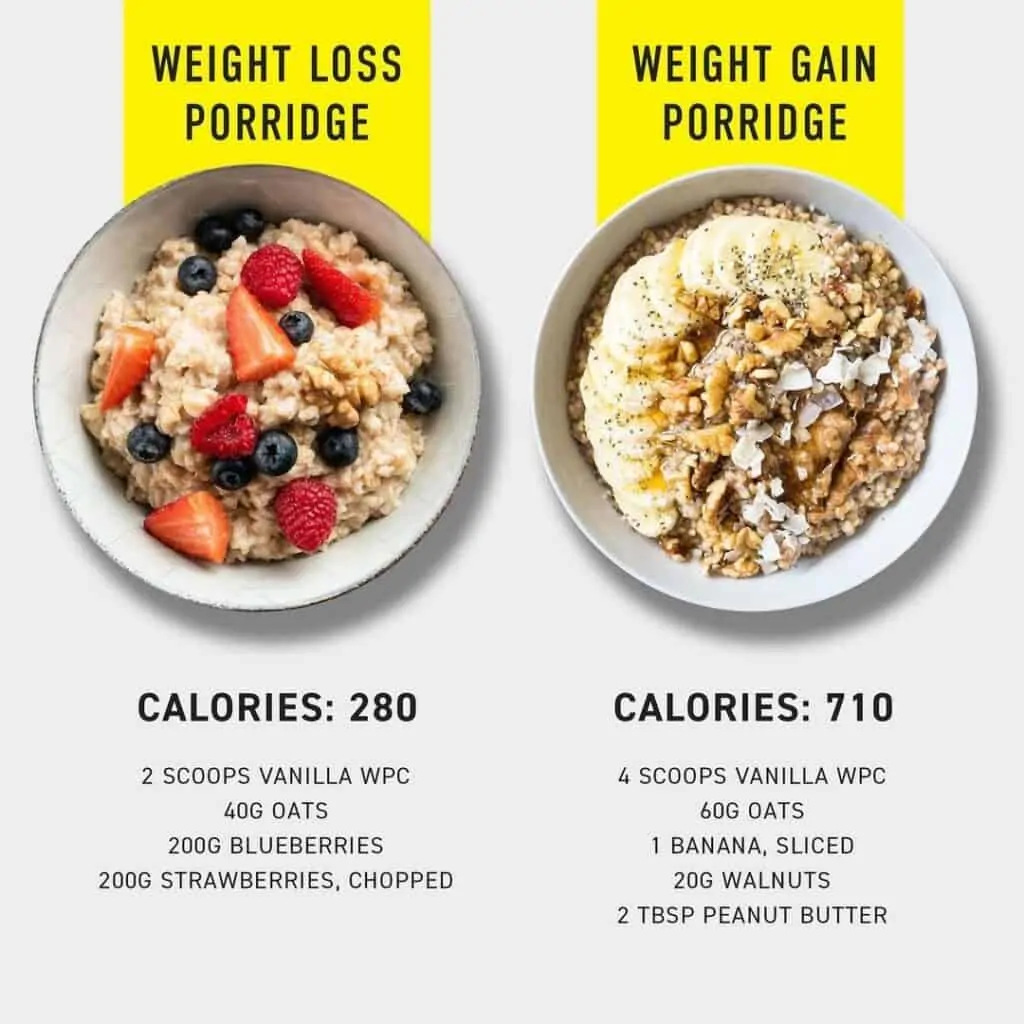Leave a Comment / Individual Fitness / By anil
Can too much protein be harmful?
The short answer is yes. As with most things in life, there can be too much of a good thing, and if you eat too much protein, there may be a price. For example, people with high protein diets have a higher risk of kidney stones. Also, a high protein diet that contains lots of red meat and higher amounts of saturated fat might lead to a higher risk of heart disease and colon cancer, while another high-protein diet rich in plant-based proteins may not carry similar risks.
Source: health.harvard.edu
When to eat protein?
- How much is too much?
- Does it Make You Gain Weight?
- Is there any harm in a high protein diet?
There are various high protein foods like chicken breasts, dairy products, and egg whites, but these questions are especially linked to milk-based products. Approximately 65 percent of adults produce only small amounts of lactase and cannot eat unfermented milk-based foods. More than 90 percent of people of East Asian descent are lactose intolerant, in contrast to about 5 percent of people of Northern European descent.
Whey Protein Powder
From a nutritional point of view, it is a unique product because no other natural product has such high proteins in it. Still, it is looked at by lot many people with great scepticism. Are you wondering why I called natural? Well, it is simply the dried whey left after making cottage cheese. All additions are to give it a taste or increase its shelf life.
One of the main questions people ask is, ” When to eat it?” I would suggest you get most of it from your food only, as then the digestion will be easier as it will be properly distributed at various times throughout the day.
If you still need more dietary proteins to reduce your body weight, have them as snacks between meals. Due to this, you will feel less hungry, have fewer cravings, and eat less during meal times.
According to some coaches, if your purpose is to gain muscle mass, have dietary protein within one hour of your morning workout as there is a maximum need for muscle repair, and whey absorbs quickly too.
Casein is a slow-absorbing dietary protein, and if you are on a weight loss plan, have it an hour before sleep at night, and it will get itself digested throughout the night. You may also have it if you exercise in the evening.
To prevent muscle loss in older adults, it is best to distribute it evenly throughout the day to aid proper digestion.
Some people do take dietary protein before a workout. Their purpose is to provide nutrients to the muscle for recovery along with their workout.
Advantages of hydrolysed over intact protein
Hydrolysed protein is pre-digested. As such, it is easily absorbed by the body. The hydrolysates elicited about 50% more gastric secretion than the whole protein solutions, leading to better amino acid absorption (Calbet and Holst, 2004). Source: danonenutriciaacademy.in
How much is too much?
It has to be noted that timing is not as important as consuming enough protein according to your body and activity level.
The Recommended Dietary Allowance of Protein(RDA) is 0.8 grams of for every kilogram of body weight you have.
Now, as society becomes more health-conscious, protein consumption is increasing. Not only are people in the sports field, but others too, irrespective of their age, are increasing their consumption. Sometimes, some of us increase our consumption to unreasonable levels to get quick gains.
Generally, the daily consumption of bodybuilders, weightlifters, and athletes is up to 2 grams of protein per kilogram of body weight. They increase their intake further, believing it will boost their performance.
A couple of days ago, a person asked me, “Can I have three scoops daily?” Yes, I said, you can, but why? Why this sudden rush to have a superhuman body, six-pack abs and less than a 20 body fat ratio? Instead, can’t you have some inexpensive foods that are light on your pocket and body?
We can control our problems just by staying within the limiting line.

Proteins within the limit are not harmful to a healthy body, period. You get all the benefits associated with it if you increase your intake slowly and steadily. But if you want three scoops today, you are inviting various troubles.
Is protein powder bad for the kidneys?
It is bad in case you have kidney disease. First and foremost, get your medical examination done to know that you have healthy kidneys and liver.
Doctors do advise a low-protein diet in case of kidney disease.
Whey or Casein Allergy?
Whey or casein digestion is a problem if you have lactose allergies. You will suffer from diarrhoea, stomach upset, bloating and other related problems such as cramps, reduced appetite, nausea, headache, fatigue etc.
Does it have any side effects?
Most side effects are related to digestion only due to lactose intolerance.
Whey Protein Concentrate Alternatives
In that case, you can have
- Whey Isolate: It is the more refined variant and does not have lactose.
- Hydrolysate: It is even more refined and pre-digested.
- Plant-based: A third option is plant-based, like pea, rice, or egg protein powder.
Sugar Content in Protein Powder?
It is also important that you read the labels thoroughly on packs.
The sugar quantity varies from 0 gm to 23 gm in one scoop. So you can get from 96 calories to 200 calories per scoop. Instead of getting lean, you will start gaining weight if you are unaware.
Is protein powder bad for kids?
Yes, it is in certain cases. It is also mentioned on the manufacturer’s packaging. Keep out of reach of children or Not recommended for children is usually mentioned on labels. The reason is Sucralose. Companies add this compound as it is a zero-calorie sweetener. Sucralose is good or bad for kids is not yet confirmed. But some companies using it mention it on their pack and the warning.
A non-profit group called The Clean Label Project survey reported this. After screening 134 products, they found that many protein powders have heavy metals like lead, arsenic, cadmium, mercury, Bisphenol-A, and other pesticides. It could be due to their manufacturing process or toxins in the soil. These can result in Cancer & other health problems in humans.
Does protein make you gain weight?
Generally, whey is associated with weight loss. Low-calorie, high protein meals cause weight loss. But over-enthusiasm can result in weight gain as well.
As mentioned earlier, everything in excess is bad. If you follow a high-calorie diet with excess protein, the surplus will be converted to fat, preventing you from achieving your weight loss or muscle growth goal. On the other hand, the weight starts increasing in such cases.
By the way, mass gainers are available for weight gain. These have much more carbohydrates in them.
Bad Breadth
Having a high protein intake can cause bad breath as well. Even more, if you are also restricting your carbohydrate intake.
When the body goes into the ketosis state, it produces chemicals that give an unpleasant smell.
No amount of brushing will help get rid of this smell. Doubling your water intake does help, or you can chew gum to counter the effect.
Constipation
Another side effect can be constipation due to this combination of a high protein and low carbohydrate diet. As fibre consumption also reduces, it may result in constipation at times, and the only prevention of this is by increasing fibre intake.
Dehydration
According to a small 2002 study, it might result in dehydration as nitrogen is flushed out with fluids and water, especially in active people. More research is required on this, though.
The only way out is to drink more water.
Proteins and Cancer
Some studies have associated animal protein from red meat with cancer also. The risk can, however, be lowered by reducing red meat consumption in favor of fish and poultry. But more research is required in this case.
Heart Disease
Similarly, it could also impact our hearts, as red meat consumption results in a higher intake of saturated fats and cholesterol.
Summary
As protein consumption increases, so do various studies and myths around it. In almost all the cases mentioned above, the problem arises for two reasons.
- Suppose you are allergic to lactose. Then you can shift to plant-based or egg protein.
- Your protein intake is very high.
One cannot get muscles overnight by eating a drum load of Protein. Nor can you lose weight overnight. You have to work on both, and you will get results.
Anil’s infectious enthusiasm and wealth of knowledge make him a natural motivator. Through his guidance and support, Anil has helped countless individuals transform their lives, empowering them to lead more vibrant and fulfilling lives.




